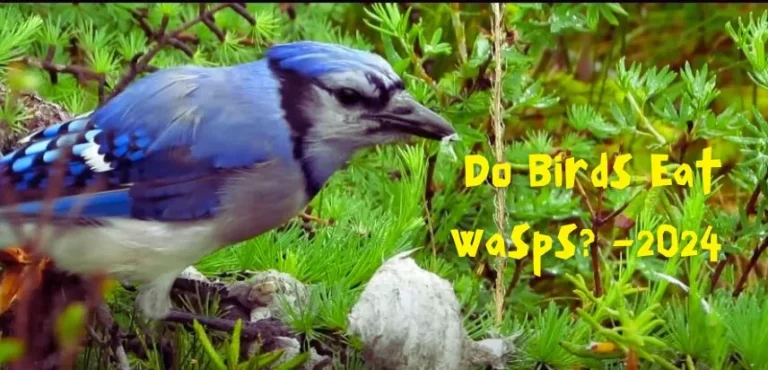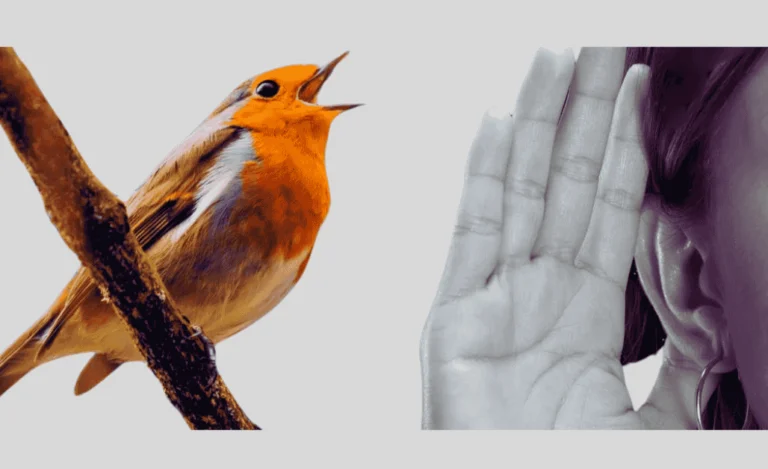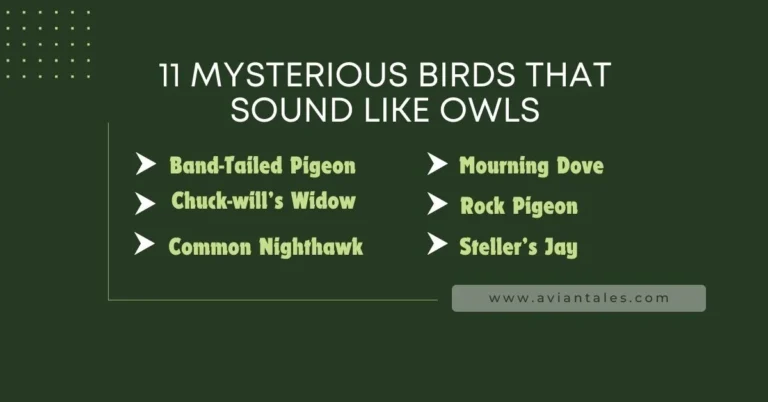Can Birds Transmit Diseases to Humans?
Birds play a vital role in ecosystems, but they can sometimes spread diseases to humans. These illnesses, called zoonotic diseases, are rare but require awareness to prevent risks. This article explains how transmission happens, which diseases to watch for, and how to stay safe.
Common Diseases Humans Get from Birds
Humans can contract several illnesses from birds.
Avian Influenza (Bird Flu):
caused by viruses like H5N1, spreads through direct contact with infected birds or contaminated surfaces. Symptoms include fever, cough, and severe pneumonia, with a 60% fatality rate in H5N1 cases (WHO, 2023).
Psittacosis ( Parrot Fever )
comes from inhaling dust from infected bird droppings (common in parrots and pigeons) and causes headaches, muscle pain, and dry coughs (CDC, 2022).
Salmonellosis
linked to handling poultry or pet birds, triggers diarrhea and stomach cramps via bacteria in droppings (Mayo Clinic, 2021).
West Nile Virus
is transmitted by mosquitoes that bite infected birds and then humans, leading to fever or, rarely, brain swelling (CDC, 2023).
histoplasmosis
Fungal infections like histoplasmosis arise from inhaling spores in bird droppings, causing fatigue and chest pain (NIH, 2020).
How Birds Spread Diseases
- Direct Contact: Touching sick birds (e.g., poultry workers).
- Droppings: Inhaling dried feces dust (common in pet birds).
- Mosquitoes: Birds act as virus reservoirs (e.g., West Nile).
Who Is Most at Risk?
People who work with birds daily face higher risks. Poultry farmers, pet bird owners, and veterinarians are prone to exposure. Immunocompromised individuals, such as the elderly or those with chronic illnesses, are also vulnerable to severe outcomes.
Prevention: Simple Steps to Stay Safe
- Wash Hands: After handling birds or cleaning cages.
- Keep Pet Birds Healthy:
- Regular vet check-ups.
- Clean cages weekly (see: [How to Keep Your Pet Bird Healthy]).
- Feed safe foods like chia seeds (rich in omega-3s). Learn more: Can Birds Eat Chia Seeds?
- Avoid Wild Birds: Don’t touch sick birds or nests.
- Use Protective Gear: Masks/gloves when cleaning droppings.
- Control Mosquitoes: Remove stagnant water to reduce West Nile risks.
Bird Flu Symptoms in Humans
Bird flu in humans starts with sudden fever (over 100°F), cough, and sore throat. Severe cases progress to pneumonia or organ failure. Immediate medical care is critical if you’ve had contact with sick birds.
Do Bird Bites Require Tetanus Shots?
Most minor bird bites only need cleaning with soap and water. However, deep or dirty wounds may require a tetanus booster if your last shot was over five years ago (CDC, 2021).
Global Impact of Bird-Borne Diseases
Recent outbreaks highlight global risks. From 2020–2023, H5N1 bird flu affected poultry and wild birds in over 80 countries (OIE, 2023). In the U.S., 2,000+ West Nile cases are reported yearly (CDC, 2023). These trends underscore the need for vigilance.
Debunking Bird Disease Myths
Myth 1: All birds are dangerous.
Truth: Only sick birds or poor hygiene pose risks. Feeding birds chia seeds or maintaining clean feeders is safe.
Myth 2: Bird bites always cause tetanus.
Truth: Tetanus shots are only needed for deep wounds.
Frequently ask Questions
1. What diseases can humans get from birds?
Avian flu, psittacosis, salmonellosis, and West Nile virus. Psittacosis spreads through infected bird droppings, while salmonellosis often comes from handling poultry. Keeping pet birds healthy (e.g., clean cages, vet checks) lowers risks.
2. What are the signs of bird flu in humans?
Fever, cough, and trouble breathing. Severe cases can lead to pneumonia or organ failure—seek immediate care if exposed to sick birds.
3. Do you need a tetanus shot after a bird bite?
Only for deep, dirty wounds. Bird mouths carry bacteria; deep bites may introduce tetanus spores, so consult a doctor for risky wounds.
4. Can you get viruses from birds?
Yes, but risks drop with proper hygiene. Avoid direct contact with sick birds, wash hands after handling pets, and clean cages regularly to stay safe.
Final Tips for Safety
Prioritize pet bird health with nutritious diets (like chia seeds) and clean cages. For humans, avoid panic but stay informed. Simple habits—like handwashing and mosquito control—go a long way. By understanding risks and taking action, we can safely coexist with birds.



